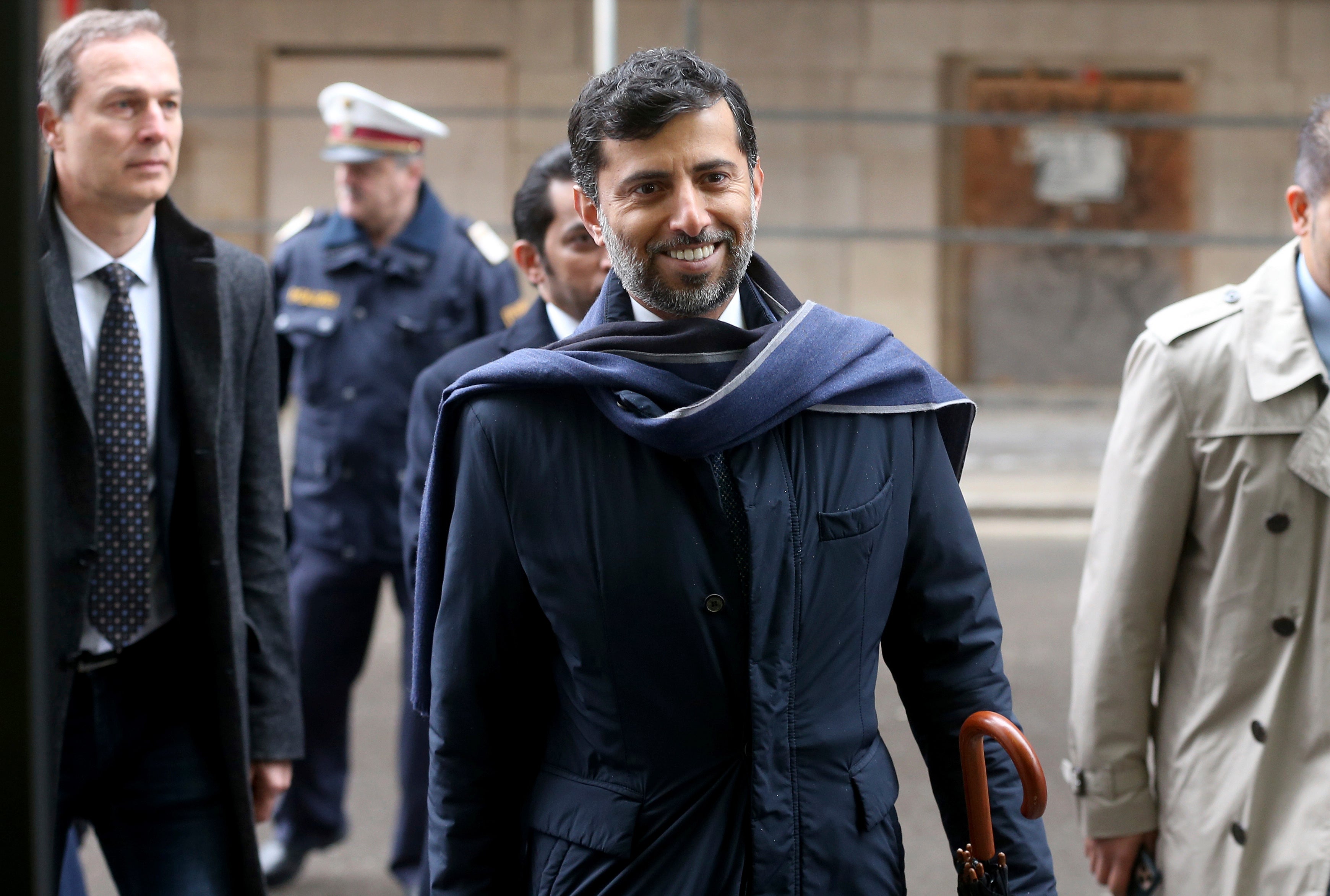UAE rebuffs plan by OPEC, allies to extend production pact
The United Arab Emirates is pushing back against a plan by the OPEC oil cartel and allied producing countries to extend the global pact to cut oil production beyond April 2022

Your support helps us to tell the story
From reproductive rights to climate change to Big Tech, The Independent is on the ground when the story is developing. Whether it's investigating the financials of Elon Musk's pro-Trump PAC or producing our latest documentary, 'The A Word', which shines a light on the American women fighting for reproductive rights, we know how important it is to parse out the facts from the messaging.
At such a critical moment in US history, we need reporters on the ground. Your donation allows us to keep sending journalists to speak to both sides of the story.
The Independent is trusted by Americans across the entire political spectrum. And unlike many other quality news outlets, we choose not to lock Americans out of our reporting and analysis with paywalls. We believe quality journalism should be available to everyone, paid for by those who can afford it.
Your support makes all the difference.The United Arab Emirates on Sunday pushed back against a plan by the OPEC oil cartel and allied producing countries to extend the global pact to cut oil production beyond April 2022, a rare statement revealing the country’s frustration with the group.
The Emirati Ministry of Energy called the proposal to extend the agreement for the entirety of 2022 without raising its production quota “unfair to the UAE ” according to state-run WAM news agency.
One of the group’s largest oil producers, the UAE is seeking to increase its output — setting up a contest with ally and OPEC heavyweight Saudi Arabia which has led a push to keep a tight lid on production.
The combined OPEC Plus grouping of members led by Saudi Arabia and non-members, chief among them Russia failed to reach an agreement Friday on oil output. Negotiations over the dispute are set to resume Monday.
The UAE said it supported plans for output increases over the summer, believing the market to be “in dire need of higher production.” The country suggested deferring the whole discussion of the agreement’s extension to a later meeting and appealed for an updated production quota that “reflects our current production capacity.”
OPEC faces conflicting pressures after last year’s plunge in oil prices as the pandemic wiped out travel and energy use. The oil producers' sharp output cuts kept prices from collapsing even more than they did. Raising production now, as vaccination campaigns stoke hopes of economic recovery, would increase revenues for producing countries that have seen their budgets hard hit by lower prices. But pumping too much too soon could undermine the rebound in energy prices.
In an interview with CNBC on Sunday, Emirati Energy Minister Suhail al-Mazrouei voiced concerns over the Saudi-led production restraints.
“Everyone sacrificed but, unfortunately, the UAE sacrificed the most, making one third of our production idle for two years,” he said.
Saudi Arabia has shouldered the deepest production cuts and urged caution, saying that oil demand and economic recovery from the pandemic remain fragile around the world.